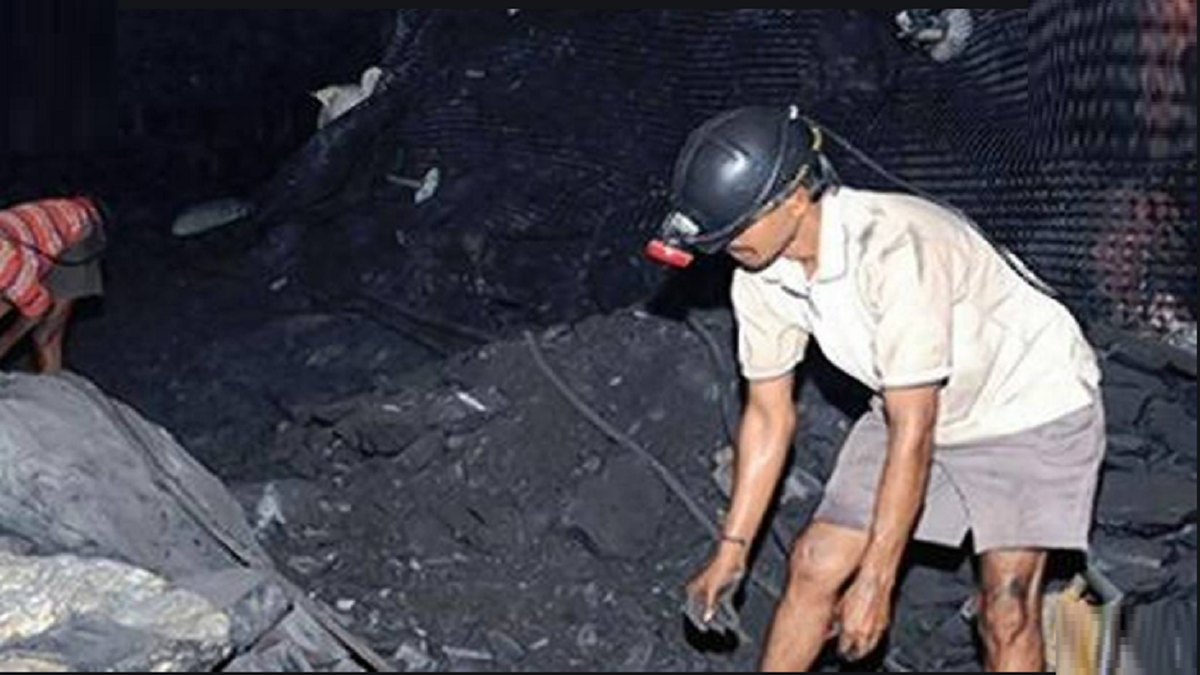


The Prime Minister (PM) was obviously very concerned about the coal situation in the country. It was reflected in the fact that I was drafted into the Coal Ministry in the rank of Secretary even before my predecessor had superannuated in 2014. In a meeting presided over by the PM, a presentation was made by the Secretary, Power, wherein all the ills of the Power sector were attributed to the shortage of coal.
The PM looked towards me and remarked, “Anil ji, you take care of coal shortages in the country and our economy would thrive”. Even though I was new to the sector, I had some idea about its woes as I had chaired the Project Monitoring Group (PMG) in the Cabinet Secretariat that was tasked with fast-tracking projects that included power projects as well.
When my turn came to speak, I expressed my reservations about the conclusions arrived at by the Power Secretary. I conceded the point that coal was certainly a contributor to the problems in the Power sector but qualified it by saying that there were other issues that beset the sector and they required as much attention as the shortage of coal. Despite his previous comment wherein the Prime Minister had attributed all the mess of the economy to the coal sector, he agreed wholeheartedly with me and advised the Minister to take a comprehensive look at the sector.
Ujjwal DISCOM Assurance Yojana (UDAY) was the outcome of this vision of the Prime Minister. The basic principles subsequently incorporated in the UDAY scheme were primarily those that had worked in Gujarat when Narendra Modi was the Chief Minister of the State. However, ironically, the scheme didn’t travel further into other states, perhaps because the commitment that was evident at the political level in Gujarat was not seen in other states, even in those ruled by the Bharatiya Janata Party.
The initial focus of the government was the auction of coal blocks that had been cancelled by the Supreme Court. There was no precedent available anywhere in the world and the whole process had to be developed from scratch. The process being evolved for the auction of coal blocks was complicated. Not many were convinced that it would withstand scrutiny and the expectations associated with it. It was too sensitive a matter to be left entirely to the officials of the Coal Ministry. In any case, most of the government ran on distrust.
Vinod Rai had been responsible for pointing out the irregularities in the allocation of coal blocks in his role as Comptroller and Auditor General. It was suggested that a Committee be constituted under his Chairmanship to oversee the coal block auctions. It was hoped that he would give his judicious ‘rai’(advice) to the Coal Ministry in the conduct of coal block auctions. Ironically, perhaps aware of the risks entailed in such a sensitive sector, he was not keen to give any decision on his own!
The atmosphere was charged. Discussions were held in the room of the Principal Secretary at the PMO (Prime Minister’s Office). It was his suggestion that there should be a committee to oversee coal block auctions. I was taken aback as I deemed this as a lack of confidence in me. Hence, I did something that was not normally done in the context of a very powerful PMO. I opposed it.
I was not willing to have any such committee breathing down my neck. I was clear that the task of carrying out the auction was that of the Coal Ministry. Therefore, we were prepared to take all the responsibility associated with it. A heated debate ensued as I continued to resist. Normally no one argued with the PMO. The PMO was the final arbiter in all sensitive issues. Everyone was heard but the final writ came from this office. In this case, it was the Principal Secretary himself. However, even at the risk of being considered too impertinent, I stuck to my guns. I was clear that if I was to be in charge, I would lead the way. I was not opposed to seeking advice or consulting those around. But there was no way in which a formal consultative, supervisory or advisory committee was acceptable to me.
Having worked with me in the past, the Principal Secretary perhaps knew that I would not relent easily. After a lot of fireworks, bordering on unpleasantness, the idea was shelved. We were spared the structured council of the ‘Rai Sahebs’ though we continued to benefit from informal advice right through the process of auctions.
In retrospect, it turned out to be a masterstroke as we had a lot of freedom in evolving the process without someone telling us to go strictly by the rule book. The process required that flexibility. However, had the auctions been a failure or had something gone wrong, I would have been sacked.
It was a crucial call that I had to take on the spur of the moment. I had taken a huge risk. But was it ethical for the PMO, based on its distrust, to impose such a Committee? I have often wondered that if the top officers of Ministries (Secretaries to Government of India) who have had experience of more than 30 years in the civil service are selected after due diligence (read 360 degree evaluation), why is there a need to closely supervise their functioning? This conveys a wrong message of distrust and impacts their performance adversely. Unfortunately the focus is more on monitoring than facilitation.
Anil Swarup has served as the head of the Project Monitoring Group, which is currently under the Prime Minister’s Office. He has also served as Secretary, Ministry of Coal and Secretary, Ministry of School Education.